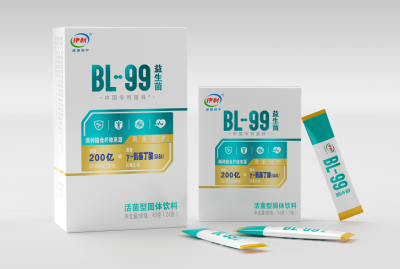Uncommon consumption: Fewer than one-in-five take supplements in Inner Mongolia – Study

Additionally, sex, region, educational levels and triglyceride levels might influence their consumption.
The cross-sectional study was titled “Analysis of Dietary Supplement Use and Influencing Factors in the Mongolian Population” and published in the journal BioMed Research International.
“This study will enable us to fill some gaps regarding dietary supplement use among ethnic minorities in China and provide the targeted scientific basis for the formulation of dietary supplement-related guidelines and policies for the Mongolian minority areas,” said the researchers.
The team conducted an observational, cross-sectional study utilising a multi-stage, stratified cluster sampling in the cities of Hohhot and Xilinhot of the Inner Mongolia Autonomous Region (northern China).
A total of 1,434 Mongolian adults (537 men and 897 women) aged 18 and above from five communities in the two cities volunteered to participate in the investigation from July 2019 to August 2020.
Findings
The study found that 18.83% of Mongolians use dietary supplements in Inner Mongolia. In descending order of prevalence, the types used were calcium, vitamin C, multivitamins, vitamin B, multivitamins/minerals, protein, vitamin E, and vitamin D.
The most popular supplement among the subjects was calcium. The study showed that the highest rate of calcium supplementation among Mongolians who consumed dietary supplements was 58.15%. The second most popular supplement was vitamin C.
In this study, the usage rates of vitamin B, vitamin D, vitamin E, protein, and multivitamin/minerals were also recorded to be less than 5%. Therefore, more attention should be paid to micronutrient deficiencies among the Mongolian population in China. The people who cannot obtain sufficient nutrients from food could use dietary supplements, which are proven and reliable in ensuring adequate nutrient intake for health.
In terms of demographic characteristics, the study included data on sex, age, region, education level, occupational status, smoking, drinking, biochemical indicators, and other indicators of the Mongolian participants. These features were analysed with the subjects’ consumption of dietary supplements.
The main factor in supplement consumption was the subjects’ education level. Those who studied from junior high school and above and urban residents were more inclined to use dietary supplements, perhaps due to greater health awareness, higher incomes and better purchasing power.
“Clinicians need to strengthen health education among the Mongolian people with low education and those living in rural and pastoral areas to enhance their awareness of health care and the rational use of dietary supplements,” said the team.
Usage of dietary supplements was also related to triglyceride levels and gender. Subjects with abnormal triglyceride levels might use dietary supplements instead of prescription drugs to reduce blood lipid concentration. When discussing gender, women were more likely to use dietary supplements than men.
“Health professionals should combine the existing data to develop relevant manuals; in addition, health education aimed at the Mongolian people should be improved to establish an accurate understanding of dietary supplements.
“When sufficient nutrients cannot be obtained from the diet, effective guidance should be provided on the appropriate use of dietary supplements to promote health. Future research should encourage more regions and ethnic groups to explore the complexity of using dietary supplements, determine the appropriate way of using them, and prevent abuse,” concluded the researchers.
Source: BioMed Research International
DOI: 10.1155/2022/4064588
“Analysis of Dietary Supplement Use and Influencing Factors in the Mongolian Population”
Authors: Wang Zhidi et al.
















